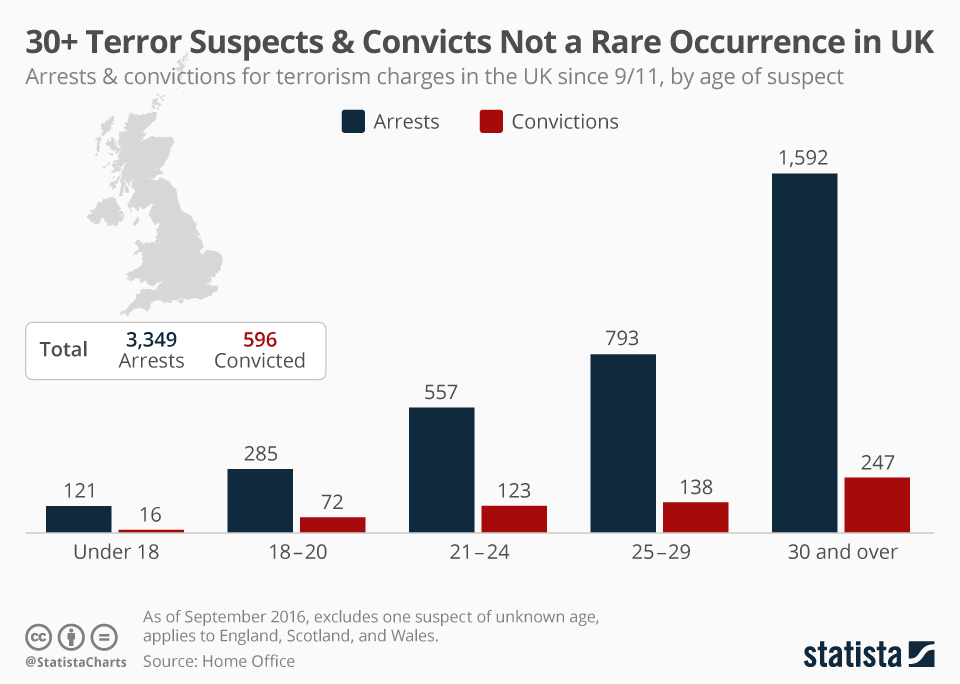Sobering interview with the Yale historian who has recently published On Tyranny: Twenty Lessons from the Twentieth Century. The interview was conducted by Steven Rosenfeld (SR in the transcript). Two segments in particular stand out.
First:
We think about democracy, and that’s the word that Americans love to use, democracy, and that’s how we characterize our system. But if democracy just means going to vote, it’s pretty meaningless. Russia has democracy in that sense. Most authoritarian regimes have democracy in that sense. Nazi Germany had democracy in that sense, even after the system had fundamentally changed.
Democracy only has substance if there’s the rule of law. That is, if people believe that the votes are going to be counted and they are counted. If they believe that there’s a judiciary out there that will make sense of things if there’s some challenge. If there isn’t rule of law, people will be afraid to vote the way they want to vote. They’ll vote for their own safety as opposed to their convictions. So the thing we call democracy depends on the rule of law. And the things we call the rule of law depends upon trust. Law functions 99 percent of the time automatically. It functions because we think it’s out there. And that, in turn, depends on the sense of truth. So there’s a mechanism here. You can get right to heart of the matter if you can convince people that there is no truth. Which is why the stuff that we characterize as post-modern and might dismiss is actually really, really essential.
The second thing about “post-truth is pre-fascism” is I’m trying to get people’s attention, because that is actually how fascism works. Fascism says, disregard the evidence of your senses, disregard observation, embolden deeds that can’t be proven, don’t have faith in God but have faith in leaders, take part in collective myth of an organic national unity and so forth. Fascism was precisely about setting the whole Enlightenment aside and then selling what sort of myths emerged. Now those [national] myths are pretty unpredictable, and contingent on different nations and different leaders and so on, but to just set facts aside is actually the fastest catalyst. So that part concerns me a lot.
And then this:
SR: I want to change the topic slightly. You cite many examples from Germany in 1933, the year Hitler consolidated power. So what did ordinary Germans miss that’s relevant for ordinary Americans now? I know some of this is the blurring of facts. But when I have talked to Holocaust survivors, they often say, nobody ever thought things would be that bad, or nobody thought the Germans would go as far as they did.
TS: The German Jews then, and people now, don’t understand how quick their neighbors will change; don’t understand how quickly society can change. They don’t understand the fact that a life that’s been predictable for a long time, doesn’t mean that it will be predictable tomorrow. And people like to think that their experience is exceptional. German Jews might have thought, “Well, there were pogroms [ethnic cleansing] in Russia, but surely nothing like that could happen here.” That’s what many German Jews thought. So one issue is people need to realize how quickly things can change.
The second thing that German Jews were not aware of, or Germans were not aware of, was how new media can quickly change conversations. In that way, it’s not exactly the same, but radio at that time often ended up being a channel for propaganda. There are parallels with the internet now, where there were hopes that it would be [primarily] enlightening. But in fact, it turns out that with presidential tweets, or with bots, or isolated habits of viewing, it isn’t necessarily enlightening. It’s the opposite. A lot of us were blindsided by the internet in much the same way that people could be blindsided by radio in the 1930s.
But here’s the other view. The one that we have that German Jews didn’t have in 1933 is we have their experience. That’s the premise of the whole book; the premise is that the 20th century showed us what can happen, and there’s lots of wonderful scholarship by German historians and others, which breaks down what can happen and how. And so, one of the first things that we should be doing is taking advantage of the one opportunity that we really have that they didn’t, which is to learn from that history. And that’s the premise of the book.



